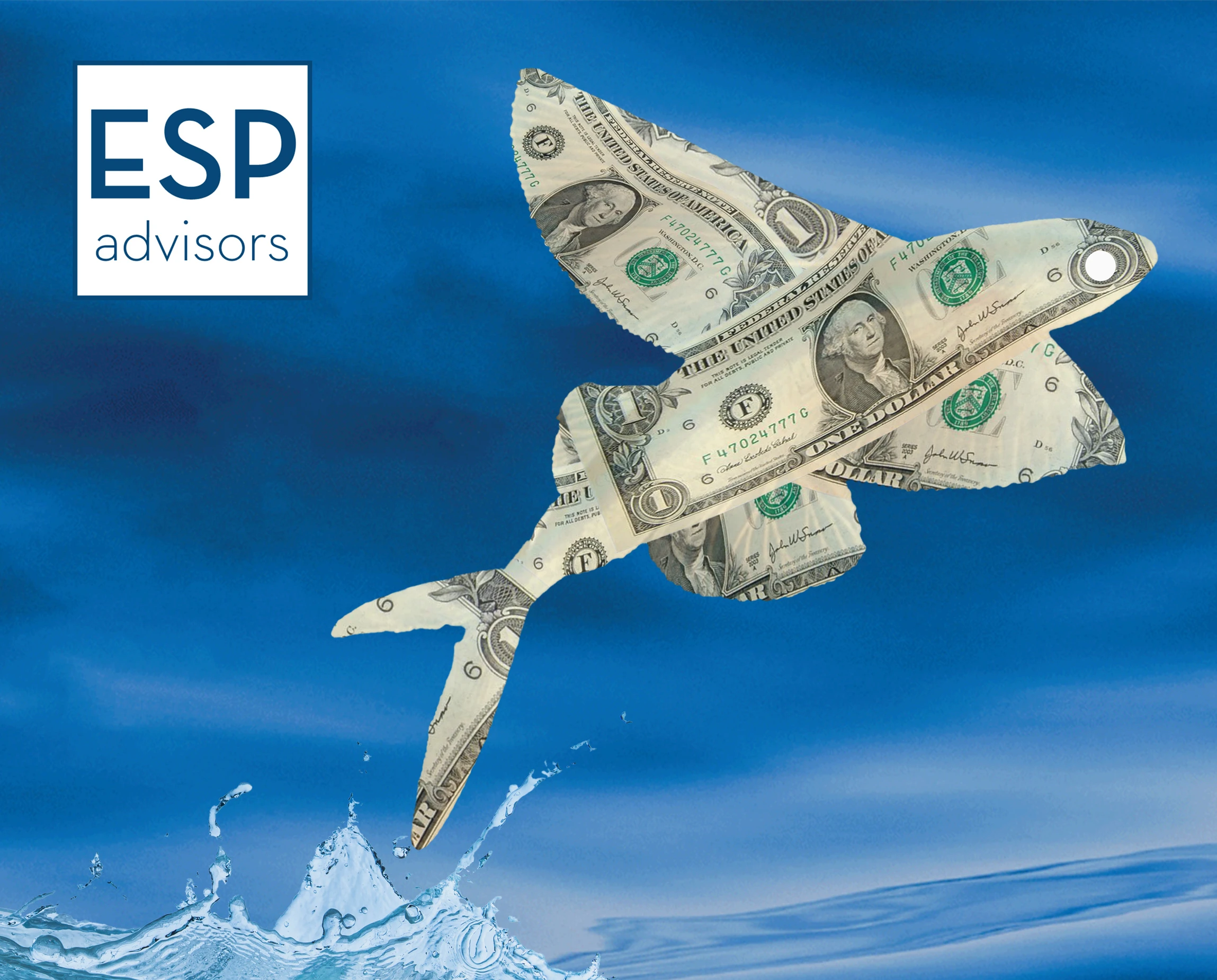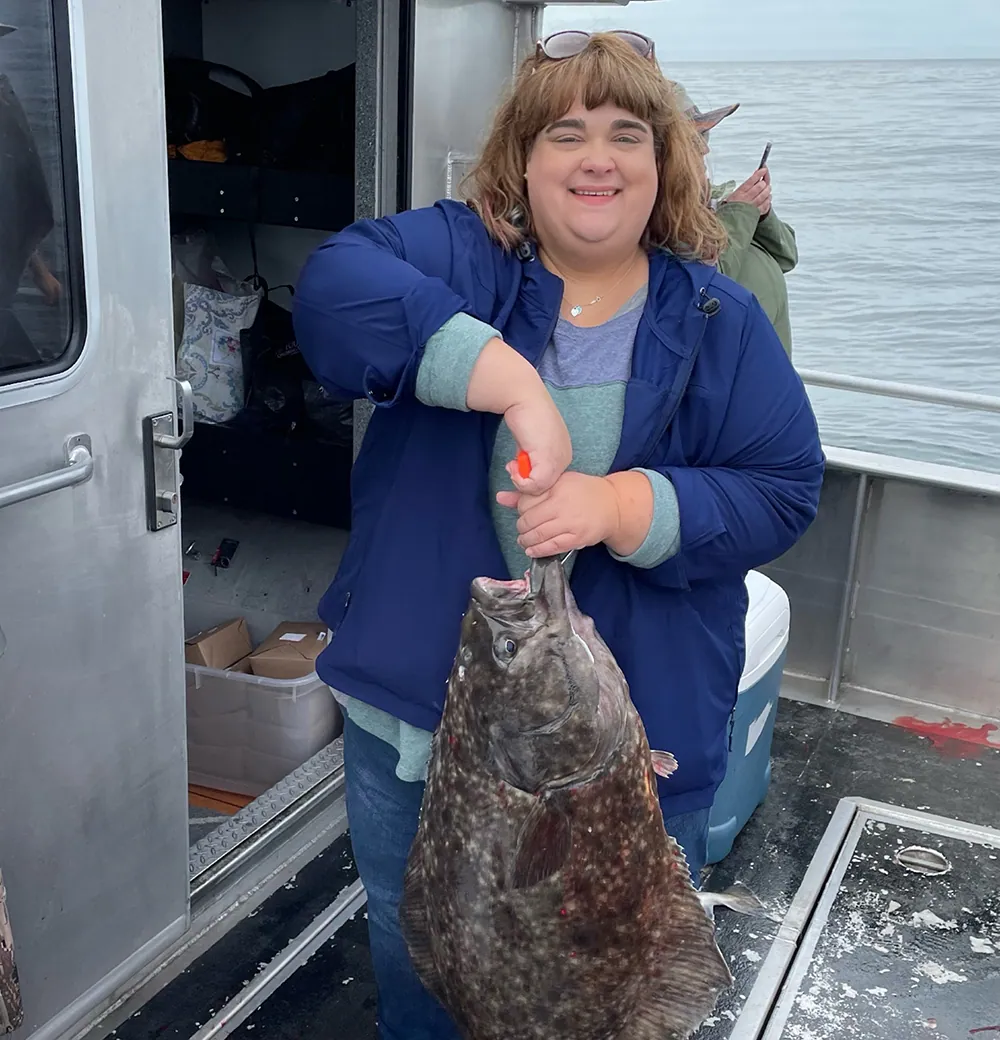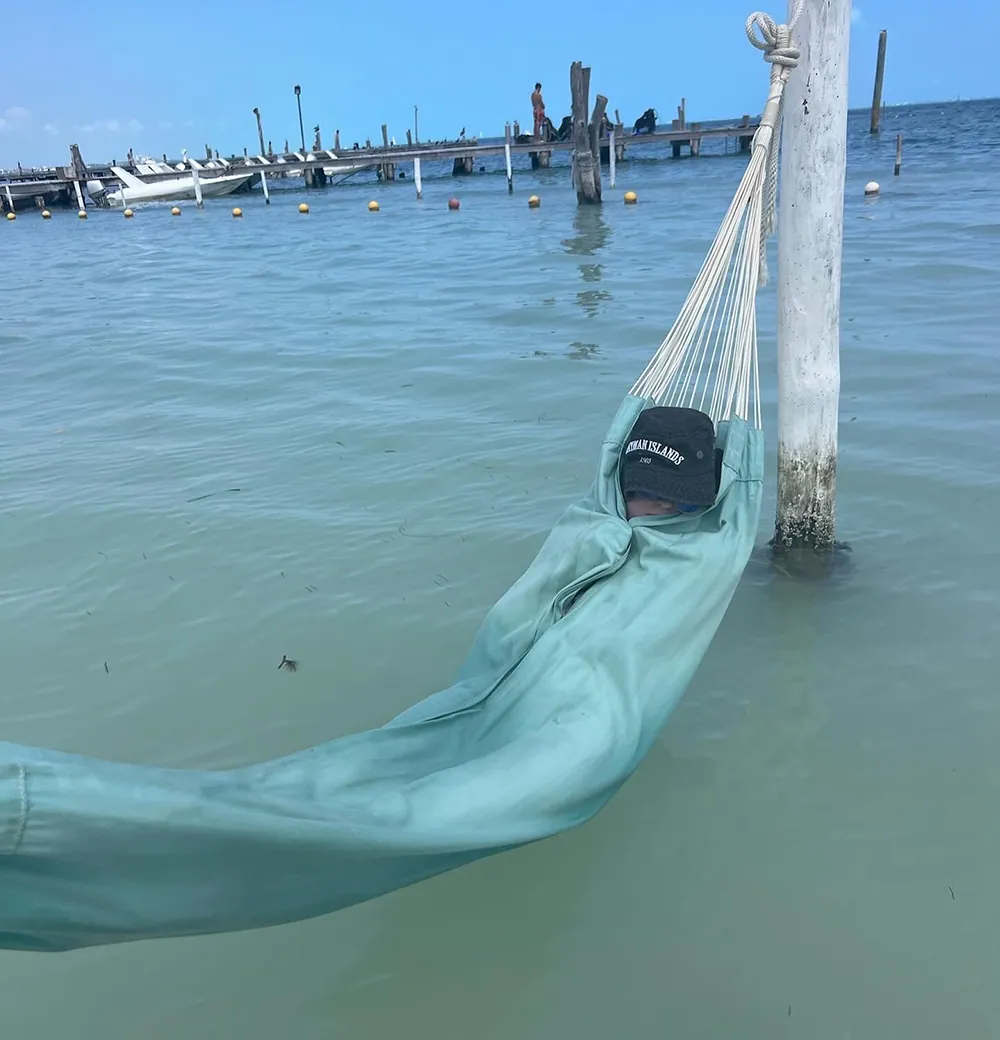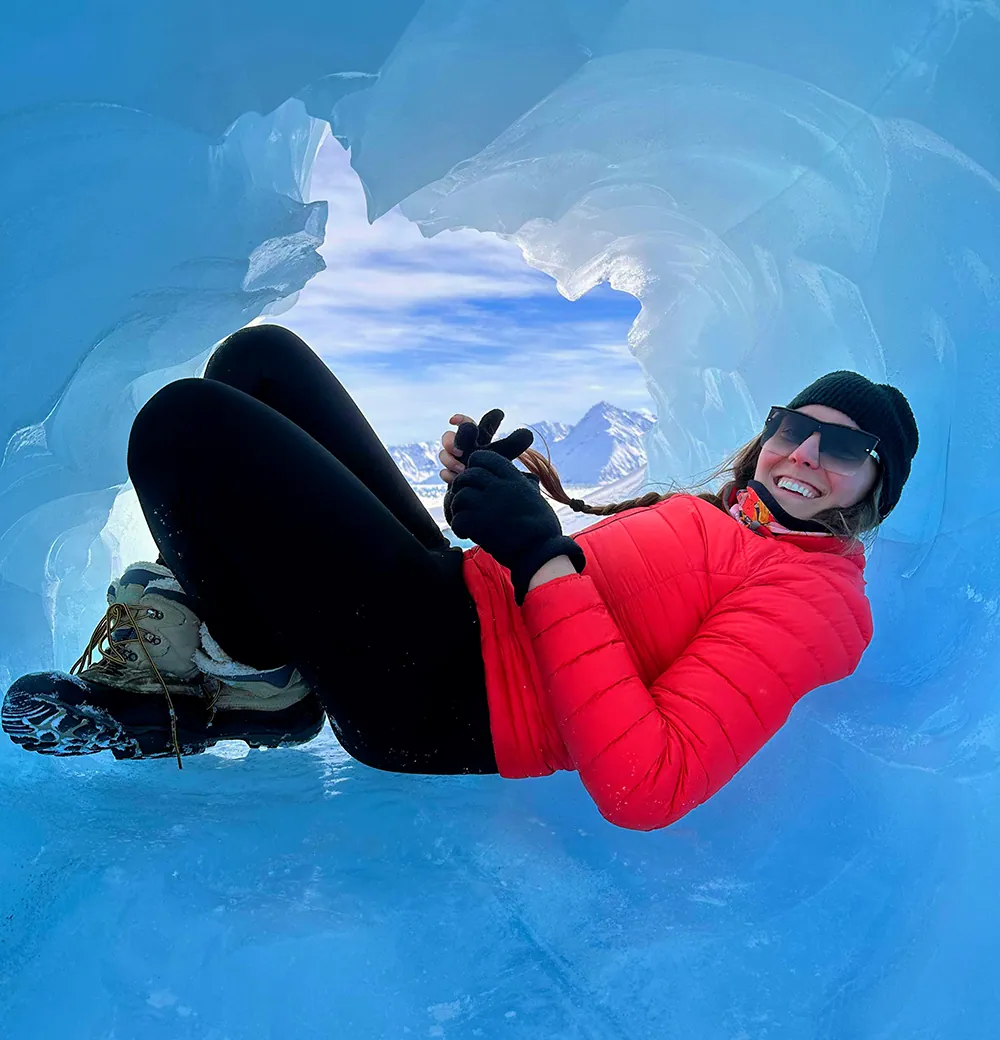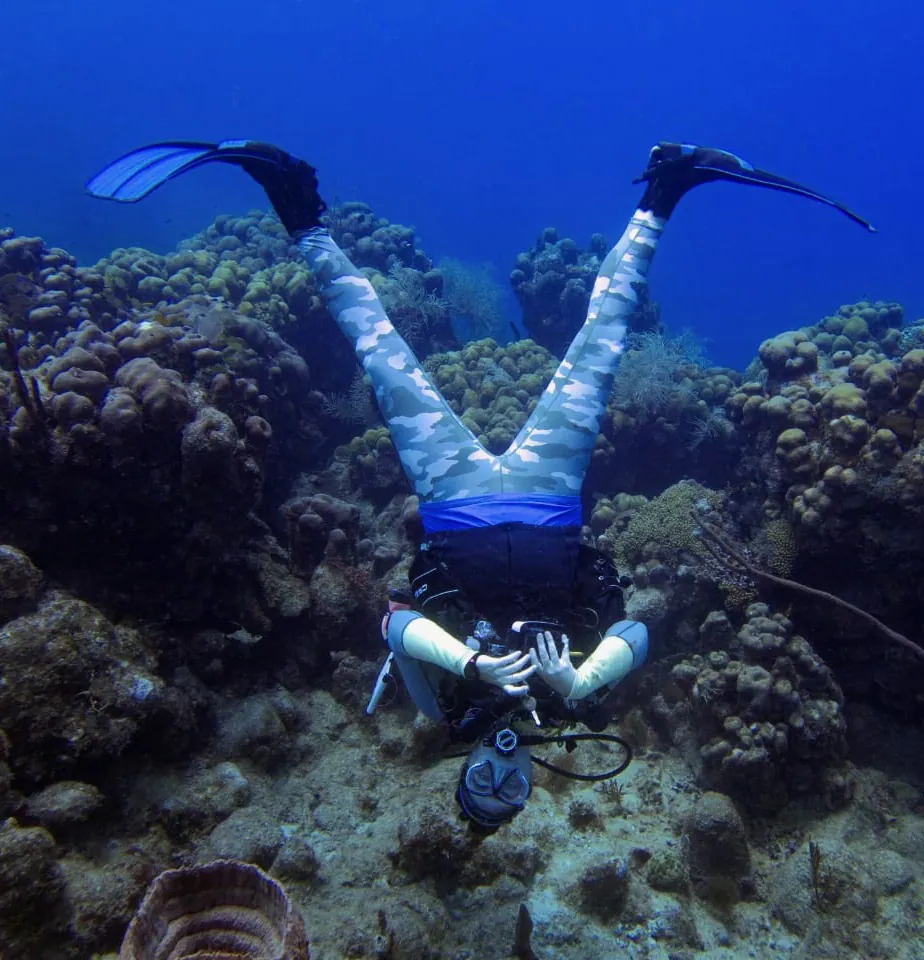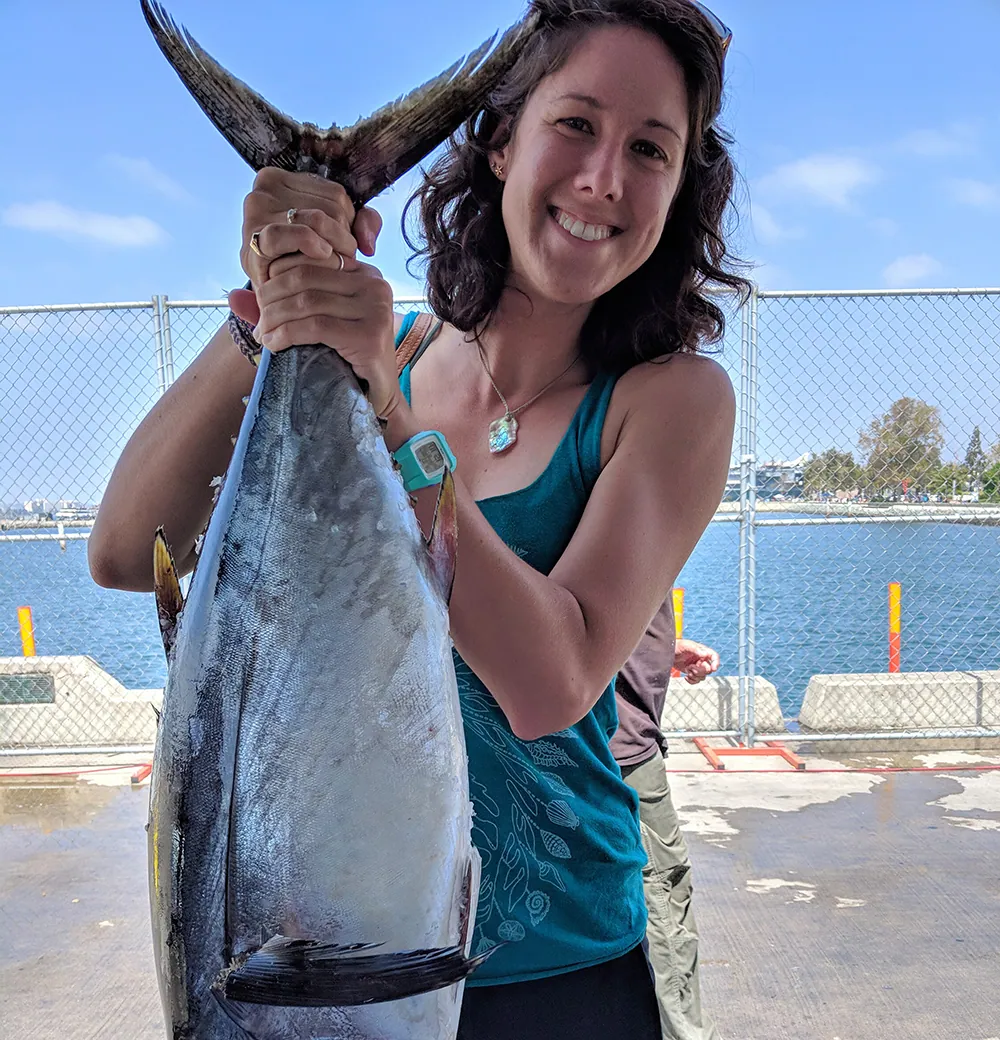Congress wrapped up its last week of DC work ahead of August recess with most* of its government spending bills reported out of committee and being prepared for consideration on the floor. With the September 30 funding deadline fast approaching, members will have just a few short weeks to negotiate and pass any final spending package once they return. While Congress is further along in the official process than it has been at this point in recent years, the Republican-controlled House and Democrat-controlled Senate are still far off—politically, ideologically, and by about $100 billion—from a spending agreement that can be signed into law.
State of Play
Spending limits set by political leaders in order to raise the debt limit mean this year’s government funding process differs from that of past years. More on that process and how it impacts fiscal year 2024’s (FY24) appropriations process can be found in our June blog post.
The debt limit agreement caps spending to FY23 levels, but the House is still aiming for FY22 funding levels or lower. Meanwhile, the Senate has its sights set on a topline number above what was enacted in FY23, using emergency spending provisions to add an additional $8 billion in defense and $5.7 billion in non-defense spending. This difference, combined with House Republican infighting, leaves many questioning whether or not Congress can pass a spending bill at all this year. Even a continuing resolution, which would fund the government at current levels for a time, will be a challenge, and a government shutdown is still on the table. We’ll leave that crystal ball of political forecasting for another time.
Now that we know—for the most part—both chambers’ starting positions, we can compare the numbers to identify some areas that will be up for negotiation if and when Congress turns to passing its FY24 appropriations bills.
Key Differences in House and Senate Appropriation Bills for Relevant Agencies
National Oceanic and Atmospheric Administration (NOAA) and National Science Foundation (NSF)
House: Commerce, Justice, Science (CJS), the bill that funds NOAA, is one of two remaining bills that have not been considered by the full House Appropriations committee. This means that detailed report language is not yet publicly available. We do know, however, that the House subcommittee numbers fund NOAA at $5.43 billion. This is more than 14 percent below FY23 enacted levels and even slightly below FY21 funding levels. Based on our conversations with staff, we expect NOAA Fisheries, the Office of Marine and Aviation Operations (OMAO), and NOAA Satellites to get the worst cuts in this bill. It’s worth noting that the House bill does increase NSF funding by almost $800 million, representing a nine percent jump above FY23 enacted levels.
Senate: The Senate managed to increase NOAA’s overall budget by almost five percent in their FY24 bill. They used about $200 million in emergency spending and other creative workarounds to make up a roughly $300 million increase. NOAA Satellites and Mission Support get the bulk of this increase to address funding needs for build outs that can’t be cut without major implications. NOAA Fisheries and the National Ocean Service (NOS) see minor bumps in funding, while OMAO, the Office of Oceanic and Atmospheric Research (OAR), and the National Weather Service (NWS) all see minor cuts. The Senate bill provides a smaller increase for NSF than the House bill.
Department of Interior (DOI), Bureau of Offshore Energy Management (BOEM), and Environmental Protection Agency (EPA)
House: It’s fair to say the two chambers are very far apart on this bill, which can best be described as slashed. The House bill rescinds $9.373 billion in Inflation Reduction Act (IRA) funding from DOI and EPA, with EPA cut by 39 percent overall. The House provides $210 million for BOEM, which is about $10 million below FY23 enacted levels. While the bill encourages the agency to prioritize geologic carbon sequestration, ocean-based carbon dioxide removal, and marine minerals, it significantly cuts available funding for renewable energy activities and includes policies to increase oil and gas leases and limit EPA’s use of Waters of the United States and the Endangered Species Act. The House bill does include increases for wildland fire management at DOI and the Forest Service.
Senate: The Senate provides a small increase, about $4 million above FY23 levels, to EPA. Within the topline funds, some programs see cuts while others see increases. For example, geographic restoration programs received a $35 million increase. The Senate bill provides flat funding for BOEM, requesting that the bureau collaborate with Regional Ocean Partnerships to inform siting and development of wind energy areas. It also encourages the agency to continue exploring marine minerals.
House and Senate appropriators agree on the importance of supporting Tribes and combating wildfires, and both deliver a small increase for the National Estuary Program.
Department of Energy (DOE) and Army Corps of Engineers
House: The House bill provides increases above FY23 levels for both DOE and the Corps of Engineers. DOE’s Office of Science and Advanced Research Projects Agency – Energy (ARPA-E) is flat-funded. The bill rescinds $5.58 billion in IRA spending on climate-related programs at DOE, and gives the Corps of Engineers flexibility to prioritize the completion of flood and storm damage reduction projects through the use of Infrastructure Investment And Jobs Act (IIJA) funding.
Senate: The Senate bill also provides increases above FY23 levels for both DOE and the Corps of Engineers. The Corps receives a $2.77 billion investment in the Harbor Maintenance Trust Fund and expands the Water Infrastructure Financing Program to help with flood protection projects. DOE funding includes an increase in new directed spending for the Office of Science to implement the CHIPS and Science Act and an increase for renewable energy.
Department of Transportation (DOT) and Maritime Administration (MARAD)
House: The House bill cuts DOT by $7.161 billion, with a $227 million cut to MARAD. This represents a 23 percent cut to the maritime agency. The MARAD funding includes $6 million for vessel design and construction for recapitalization of the National Defense Reserve Fleet, $69.7 million in Community Project Funding (earmarks) for for the Port Infrastructure Development Program (PIDP) at 22 ports, and $6 million for the Maritime Environmental and Technical Assistance (META) program.
Senate: The Senate slightly cuts DOT but includes a $308 million increase for MARAD. MARAD funding includes $103 million for new loan guarantee applications, $213 million for the PIDP, and $7.5 million for the META program.
Both bills increase funding for the Federal Aviation Administration.
Department of Homeland Security (DHS), United States Coast Guard (USCG), and Federal Emergency Management (FEMA)
House: The House DHS bill provides an over $2 billion increase above FY23 levels. Most of that funding goes to increases for Border Patrol Agents and building a wall on the southwest border. The bill includes an almost $400 million increase for FEMA and an $857.6 million increase for USCG. USCG funding includes resources for four additional Faster Response Cutters in the Indo-Pacific, an Offshore Patrol Cutter for the Caribbean and Eastern Pacific, technology modernization for autonomous surface and air assets for maritime domain awareness, and the purchase of an icebreaker to increase U.S. presence in the Arctic.
Senate: The Senate provides a more modest increase, about $600 million, above FY23 levels. It includes a $200 million increase for FEMA and a $100 million cut in discretionary funding for USCG.
Next Steps
When Congress returns from August recess, members will have a few weeks to pass some type of spending bill. It is very unlikely that the FY24 bills will get done by the September 30 deadline, but negotiations are already underway between the two chambers in an attempt to find common ground. It’s likely that priorities and funding levels that are similar in the Senate and House bills will make it into the final package, but major negotiations and advocacy will be needed where the chambers remain divided. ESP Advisors will be assisting our clients with that last piece.
Reach out if you’d like to learn more about our work, and join our community to stay up to date on appropriations, policy news, and ESP Advisors events!
*All Senate bills and all House bills except CJS and Labor HHS have been reported out of committee

